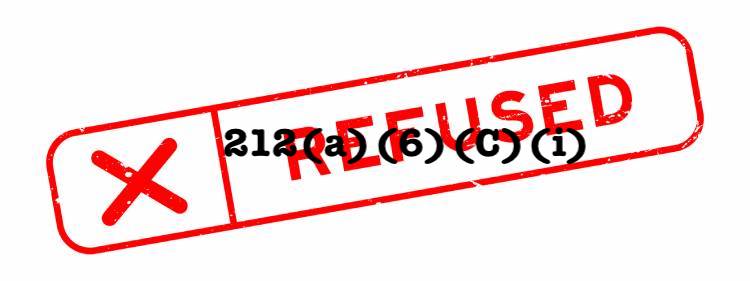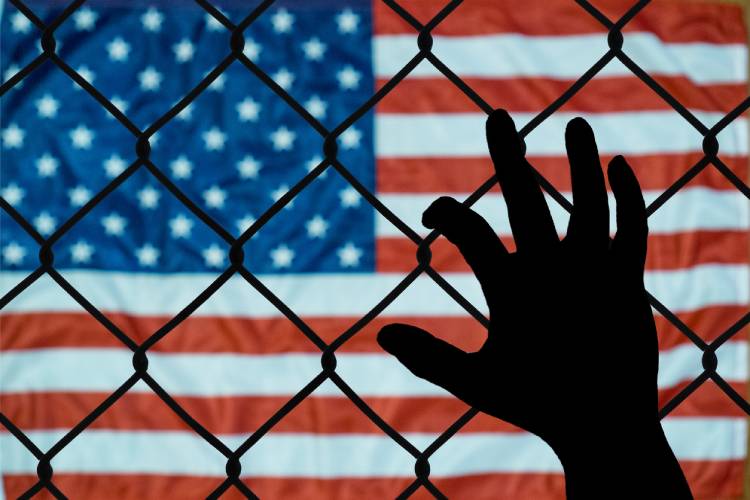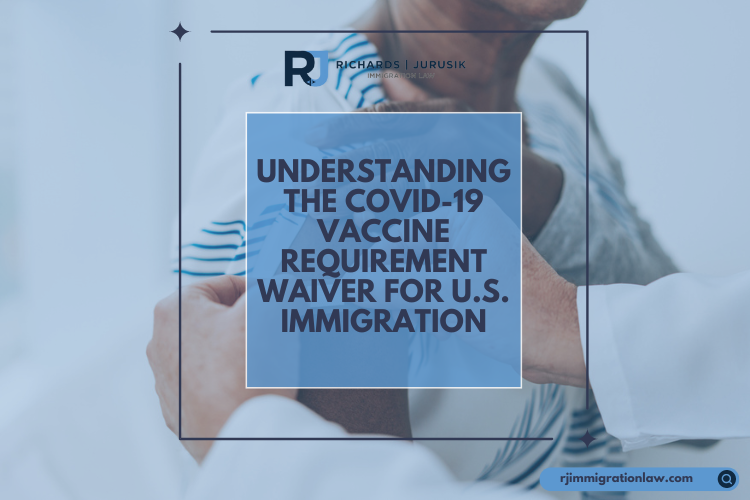Being found inadmissible to the United States under 212(a)(6)(C)(i) for fraud or misrepresentation is a serious matter. This occurs when an individual makes false statements or willfully misrepresents material facts in their efforts to obtain a visa or admission into the U.S. Understanding how to navigate the waiver process for such inadmissibility is crucial for those wishing to enter the United States.
Understanding Refusal under 212(a)(6)(C)(i)
Inadmissibility under 212(a)(6)(C)(i) is determined if an immigration official finds that an individual has attempted to obtain a visa through the deliberate misrepresentation of material facts or documentation. The regulation states that anyone who commits fraud or willfully misrepresents a material fact to procure a visa or other U.S. entry benefits is inadmissible.
Obtaining a 212(a)(6)(C)(i) Waiver
The waiver process varies depending on whether you are a nonimmigrant or immigrant visa applicant:
- Nonimmigrant Waiver for 212(a)(6)(C)(i):
-
- This waiver applies to those seeking temporary entry to the U.S. (e.g., visitor, TN Visa, E Visa, L Visa).
- It can be issued for a one-year term (five-year term in limited cases) if the applicant proves their visit will not harm U.S. interests.
- Factors considered include the recency and seriousness of the inadmissible activity, the purpose of the proposed U.S. travel, and the potential impact on U.S. public interests.
- Immigrant Waiver for 212(a)(6)(C)(i):
- For those seeking permanent entry (immigrant visa), the waiver is considered if the applicant is a spouse or child of a U.S. citizen (USC)/Lawful Permanent Resident (LPR) and can demonstrate extreme hardship to the USC/LPR relative.
- VAWA self-petitioners may also qualify by demonstrating extreme hardship to themselves or a USC/LPR relative.
Do You Need a Lawyer for the Waiver Process?
The waiver process, whether for a nonimmigrant or immigrant visa, is complex and requires a deep understanding of immigration regulations. Presenting a compelling case to the authorities is critical for a favorable outcome. Working with an experienced immigration lawyer is highly advisable. A qualified attorney can guide you through the process and assess the likelihood of successfully obtaining a waiver.
Subscribe to Our Resources Blog
Schedule a Consultation with an Immigration Lawyer
- 8 USC 1182: Inadmissible aliens
- 9 FAM 302.9 (U) INELIGIBILITY BASED ON ILLEGAL ENTRY, MISREPRESENTATION, AND OTHER IMMIGRATION VIOLATIONS – INA 212(A)(6)
- USCIS: I-212, Application for Permission to Reapply for Admission into the United States After Deportation or Removal
- USCIS: I-601, Application for Waiver of Grounds of Inadmissibility
We Can Help!
You may have questions regarding U.S. waiver requirements. We invite you to contact our team at Richards and Jurusik for detailed guidance and assistance. We aim to provide the most accurate and up-to-date information to make your immigration process smoother and less stressful. The immigration lawyers at Richards and Jurusik have decades of experience helping people to work and live in the United States. Read some of our hundreds of 5-star client reviews! Contact us today to assess your legal situation.







